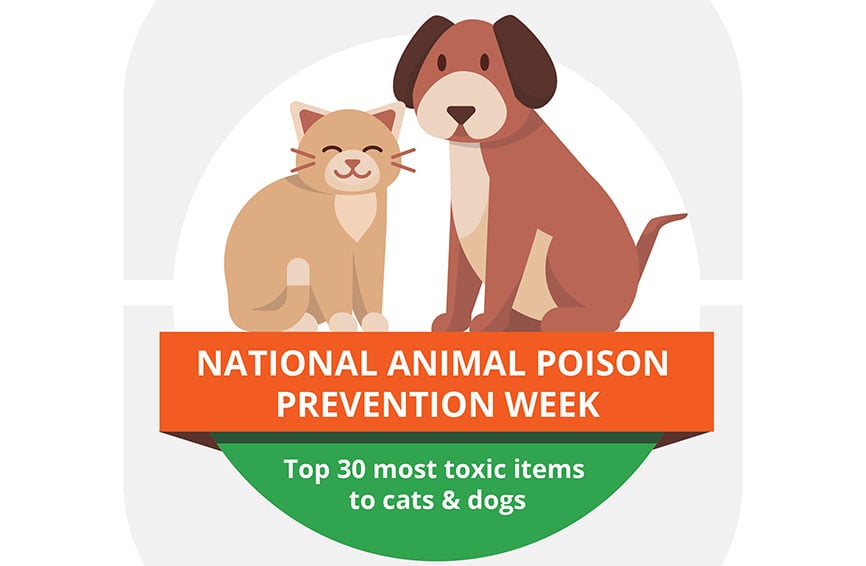The quick answer: Yes, plain edamame beans are nontoxic for dogs, but it is not recommended.
Key Takeaways
- Plain edamame beans are not toxic to dogs.
- Edamame contains fiber, protein, calcium, vitamin C and omega-3.
- Edamame is soy, which is a common allergy for dogs, so start by only giving your dog a small amount of this food.
- The pods of edamame can be difficult for dogs to digest and even pose choking hazards.
- Avoid giving your dog edamame that has been cooked with salt, oils or spices.
Often eaten as a snack or part of a meal, edamame is a word used to describe immature soybeans in the pod. People usually enjoy edamame with salt or soy sauce, but the safest way to share edamame with your dog is plain, without anything added. Every once in a while, dogs can eat edamame raw, steamed, or frozen.
Benefits of edamame
This healthy and nutritious vegetable contains protein, calcium, omega-3, vitamin C, and fiber. Omega-3 helps maintain a healthy coat and skin and dietary fiber helps regulate the digestive system. However, when feeding a balanced dog food, your pup doesn’t need to rely on edamame to meet his nutritional needs.
Hazards of dogs eating edamame
Though it is a healthy vegetable, it is not recommended to regularly feed your dog edamame or soy. Soy is a common allergy in dogs, so only offer your dog a small amount to start. Signs of an allergy may not develop right away, but include excessive scratching or licking, hair loss, chronic ear infections, vomiting and diarrhea.
Beyond allergies, some studies have shown that regularly eating soy can cause various health issues, including damage to the thyroid, liver, and disrupting reproductive health. Veterinarian Dr. Karen Becker says, “The health risks associated with soy products far outweigh any potential benefit.”
The pod or shell is not toxic to dogs but is a little tough and can be difficult to digest. It’s likely harmless if a large dog gobbles one up, but for smaller dogs, it could pose a hazard for choking or internal blockage. Due to the high fiber content, eating a large quantity of the beans and/or pods at once can cause diarrhea, constipation, or gas.
If you offer edamame to your dog, stick to plain, fresh edamame, whether raw, cooked or frozen. That means no processed edamame snacks you find on grocery store shelves because they contain sodium and other additives. Refrain from sharing edamame that has been salted or cooked with other spices or oils.
Curious about what is okay and not okay for your dog to eat? Check out our comprehensive guide on what human foods are safe and not safe for dogs. Protect your pup and your wallet from unexpected medical issues — dog insurance can help cover the costs of veterinary care.








